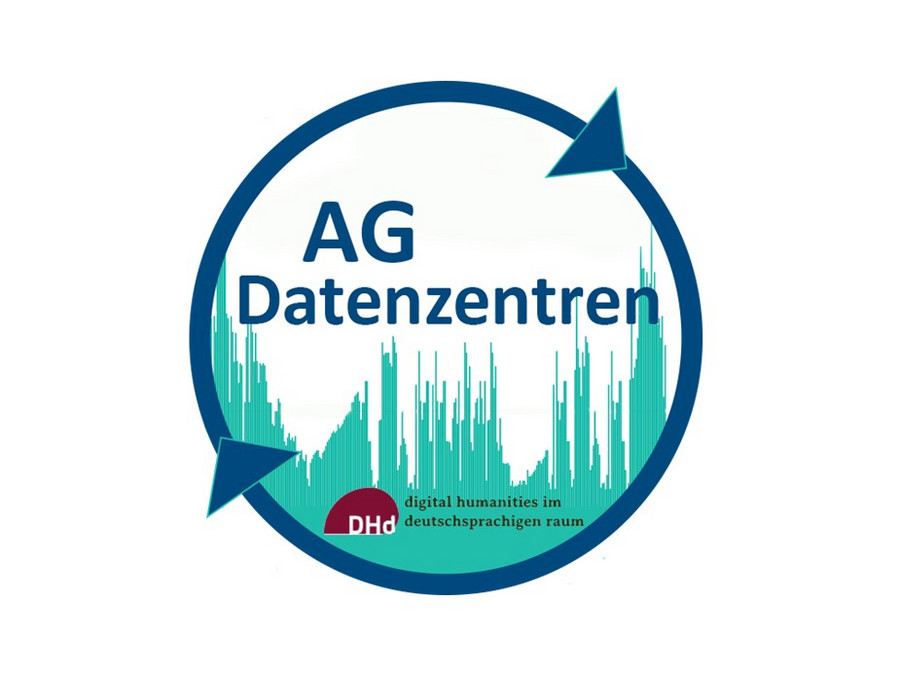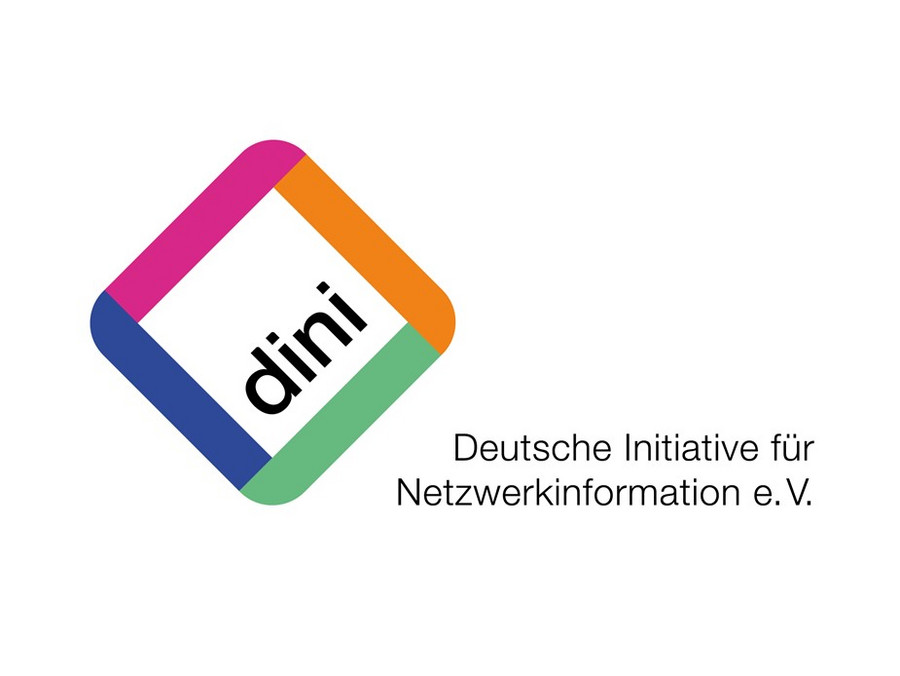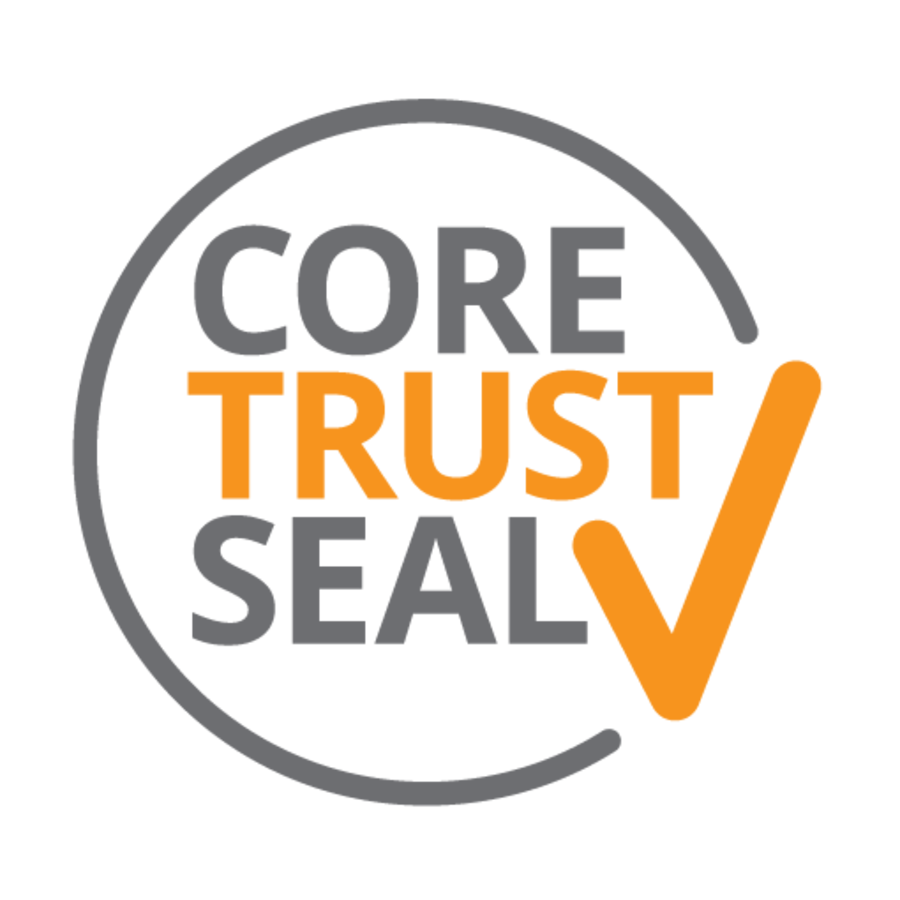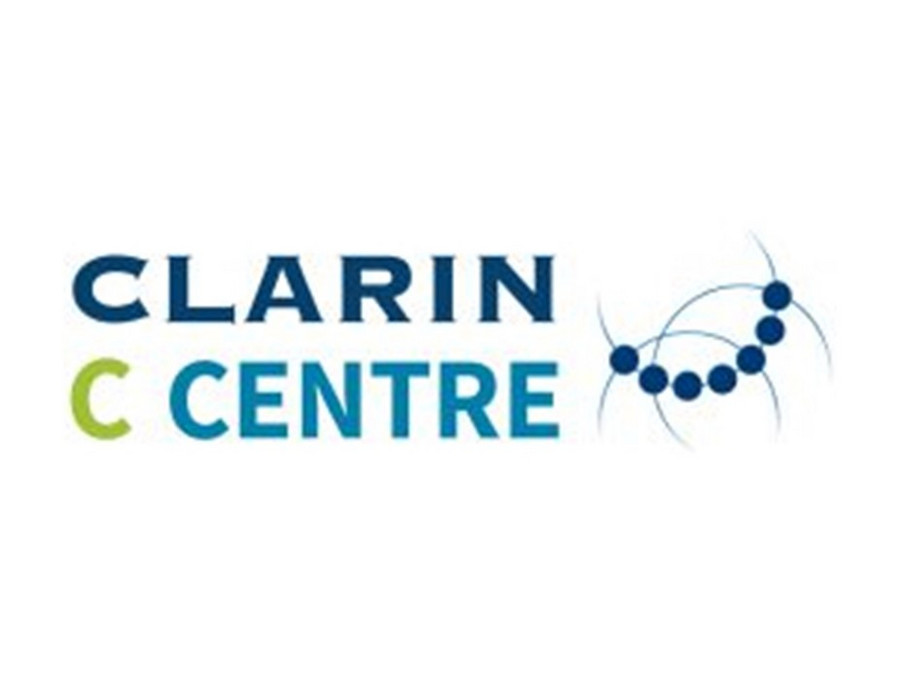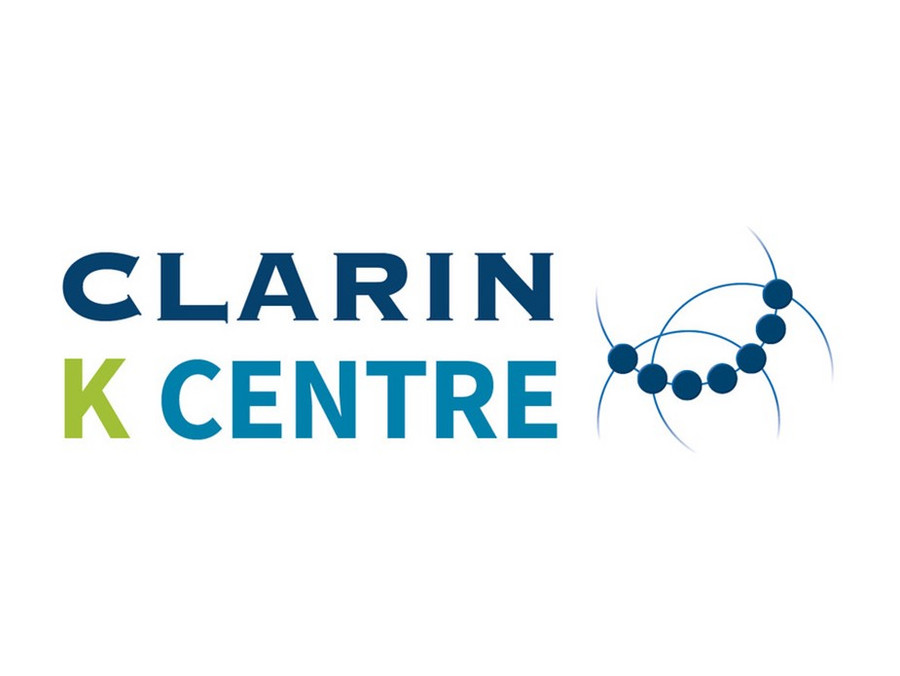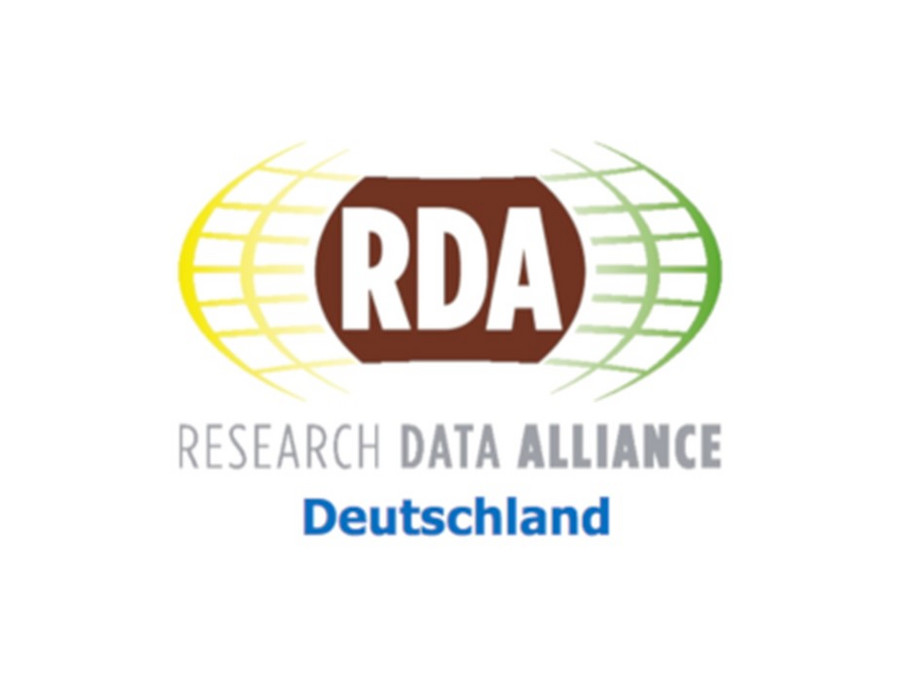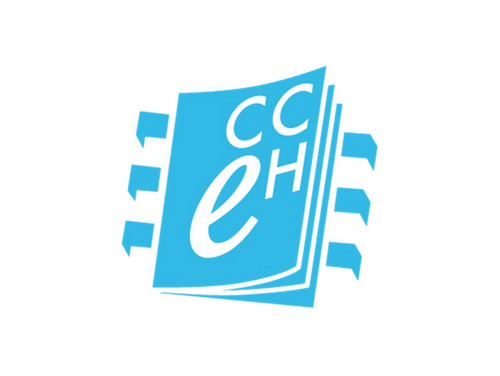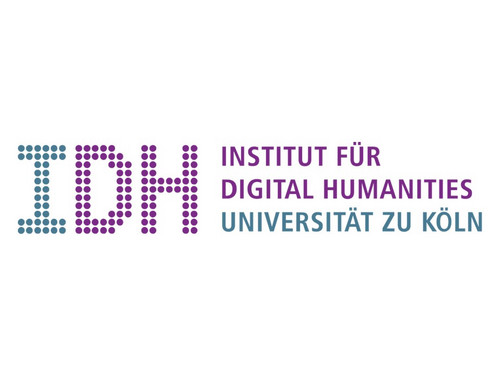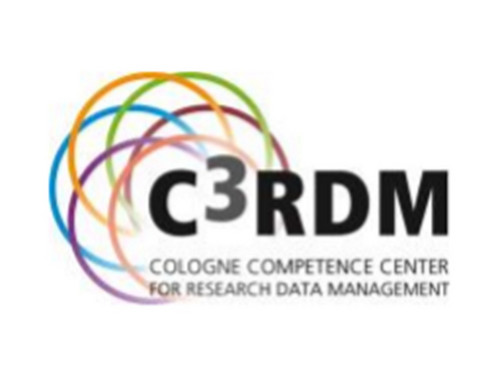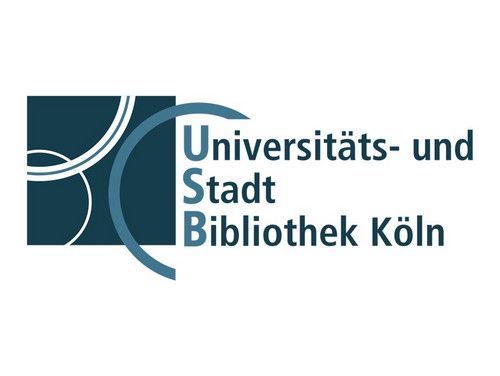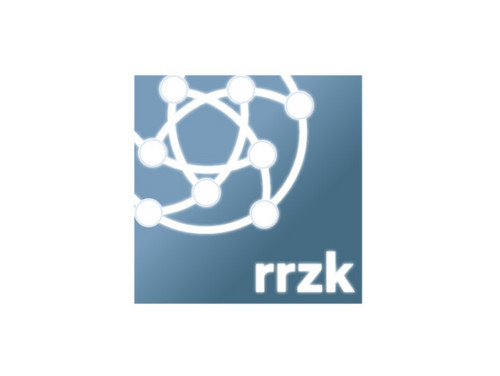Das DCH freut sich, auf der zwischen dem 25. und 29. Juli 2022 stattfindenden DH2022 der Alliance of Digital Humanities Organizations (ADHO) ein Long Paper und ein Poster präsentieren zu können:
Patrick Helling: „Structuring the Management of Research Data – Reflections on Requirements and Service Concepts in Research Data Management in the Humanities“ (Long Paper)
Felix Rau, Patrick Helling, Gioele Barabucci: „Pragmatic Research Data Management in the Humanities: Dark and Cold Archiving at the Data Center for the Humanities“ (Poster)
Weitere Informationen zum Programm: https://dh2022.adho.org/program/presentations
Anmeldung zur virtuellen Konferenz: https://dh2022.adho.org/registration
